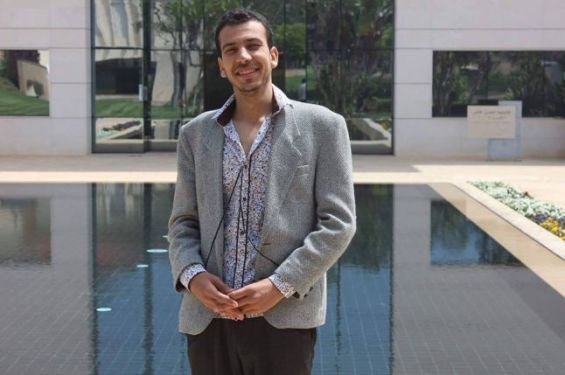To know more about the upcoming conference, Yabiladi interviewed Jawad al-Hamdi, head of the Moroccan Committee for Religious Minorities.
Do you think the authorities would ban the conference ?
The authorities can ban a march for example or disperse it, although it is not legal, but to my mind they cannot prevent people from gathering in a private institution. It is not possible.
Other organizations have managed to hold meetings in the past without being interrupted and that is because the conferences and gatherings took place most of the time in independent headquarters and private institutions.
We believe that it is difficult for the authorities to ban such a conference. We have read the royal message sent to the Marrakech conference on religious minorities, organized by the Ministry of Habous and Islamic Affairs. The king stressed in his message that Morocco and Islam has no problem with religious minorities.
The situation in Morocco is on the right path and I do not think that the conference is going to be banned because the authorities nowadays agree with our vision.
Were the religious minorities set to participate to the conference selected based on specific criteria?
The number of the religious representatives attending the meeting is significantly important. Moroccan Christians, Ahmadis and Baha’is are all making it to the gathering.
During the conference, we are planning to discuss the stereotype attached to religious minorities in Morocco and shed light on their demands.
Moroccan Christians, for example, want to obtain a range of rights, namely having their own cemeteries, using Christian names and also deciding whether their kids should take Islamic religion classes in school. The same thing applies for places of worship, converts now in the kingdom pray in home churches.
For Baha’is, it is a different story because their religion is derived from Islam. And for that reason they are less accepted in the society than Christians and Jews.
All these problems are meant to be addressed amid the conference. By starting a debate we can have several points of view coming from different perspectives : The authorities, Islam, intellectuals, lawmakers and politicians.
Following the conference we will work on putting forward a number of recommendations, submit them and wait for their implementation. The latter will be called the «Rabat declaration».
What are your future plans ?
We are definitely looking forward for the future. Following the Rabat Declaration, we will work on concluding an agreement bringing all the existing religious minorities together.
The committee is also supposed to grow representing other minorities in the kingdom and working closely on other cases that are related to legislation.




 chargement...
chargement...












